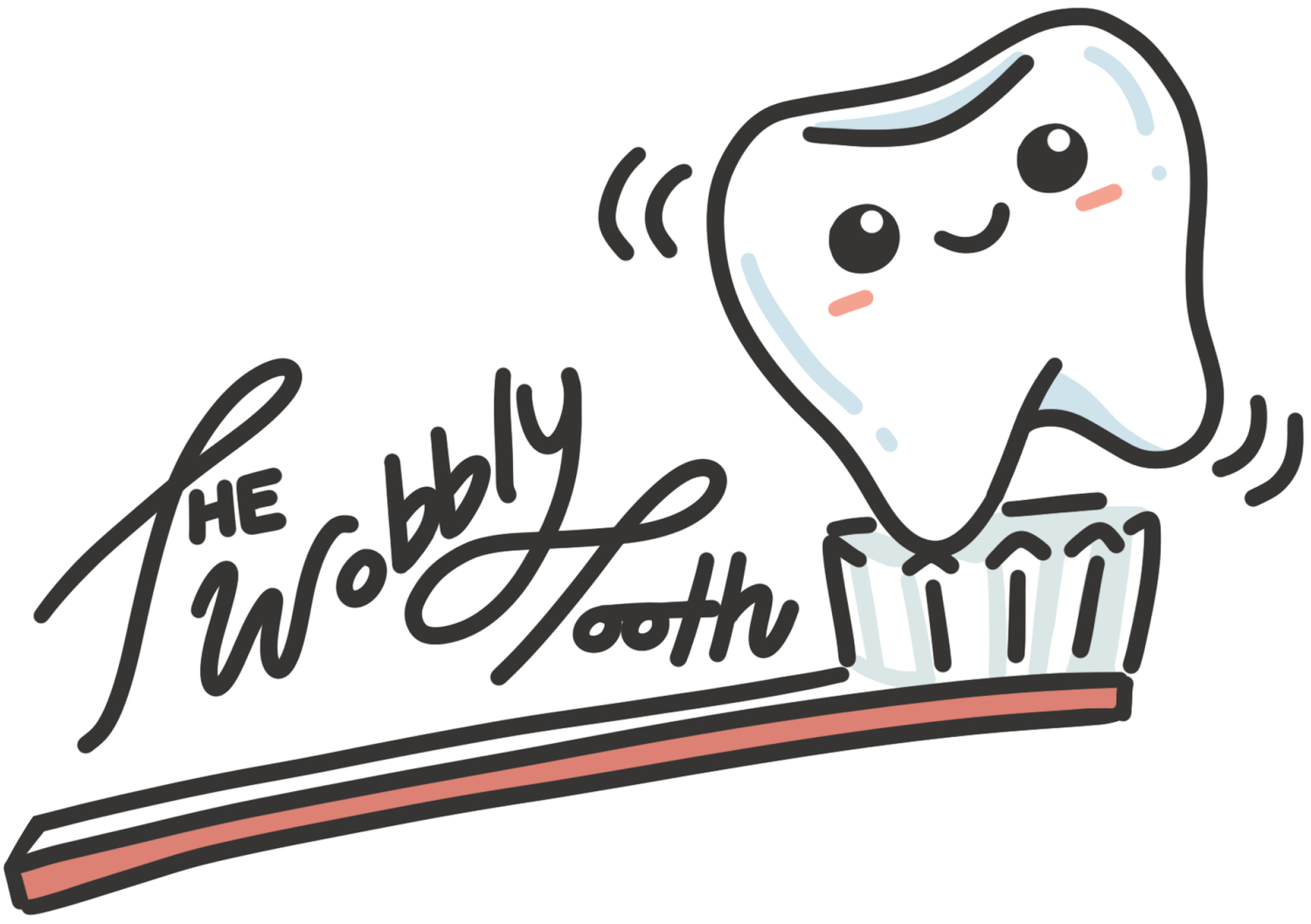Teeth Sensitivity: Understanding the Causes, Symptoms, and Treatment
Teeth sensitivity, also known as dentin hypersensitivity, is a common oral health problem that affects many people. It is characterized by a sharp, shooting pain in the teeth that can be triggered by hot, cold, sweet, or sour foods and drinks. The pain is caused by the exposure of the dentin, which is the inner layer of the tooth, due to the loss of enamel or gum recession. Understanding the causes, symptoms, and treatment of teeth sensitivity can help you find relief from this uncomfortable condition.
Causes of Teeth Sensitivity
Teeth sensitivity is caused by the exposure of the dentin, which is the inner layer of the tooth. This can be due to several factors, including:
Tooth decay: Tooth decay can erode the enamel, exposing the dentin and causing sensitivity.
Gum recession: Receding gums can also expose the dentin, leading to sensitivity.
Tooth erosion: Acidic foods and drinks, such as citrus fruits and sports drinks, can erode the enamel and cause sensitivity.
Tooth grinding: Grinding or clenching the teeth can wear down the enamel and cause sensitivity.
Dental procedures: Certain dental procedures, such as teeth whitening or dental cleanings, can cause temporary sensitivity.
Symptoms of Teeth Sensitivity
The symptoms of teeth sensitivity can vary, but it is usually characterized by a sharp, shooting pain in the teeth that can be triggered by hot, cold, sweet, or sour foods and drinks. The pain is typically brief but can be severe, making it difficult to enjoy eating or drinking.
Diagnosis and Treatment of Teeth Sensitivity
To diagnose teeth sensitivity, your dentist will perform a thorough examination of your teeth and gums and ask about your symptoms and oral health history. In some cases, your dentist may also recommend X-rays or other diagnostic tests to determine the cause of your sensitivity.
The treatment of teeth sensitivity depends on the underlying cause. Some of the most common treatments include:
Desensitizing toothpaste: Desensitizing toothpastes contain compounds that help to block the pain associated with sensitivity.
Fluoride treatments: Fluoride can help to strengthen the enamel and reduce sensitivity.
Bonding or veneers: In some cases, bonding or veneers can be used to cover exposed areas of dentin and reduce sensitivity.
Gum grafts: Gum grafts can be used to cover exposed areas of dentin and reduce sensitivity.
Night guards: If grinding or clenching is causing your sensitivity, a night guard can be used to protect your teeth and reduce sensitivity.
In addition to professional treatment, there are also several steps you can take to help manage teeth sensitivity and prevent it from becoming a more serious problem. Some of the most effective strategies include:
Brush and floss regularly: Brushing and flossing regularly help to remove plaque and bacteria from the teeth and gums, reducing the risk of sensitivity.
Use a soft-bristled toothbrush: Using a soft-bristled toothbrush can help to protect the enamel and reduce sensitivity.
Limit acidic foods and drinks: Consuming acidic foods and drinks can erode the enamel and cause sensitivity. Limiting these foods and drinks and replacing them with healthier options can help to reduce sensitivity.
Avoid brushing too hard: Brushing too hard can wear down the enamel and cause sensitivity. It is important to use gentle brushing techniques and avoid brushing too aggressively.
Visit the dentist regularly: Regular dental check-ups and cleanings can help to identify and treat sensitivity early, before it becomes more serious. Your dentist can also provide additional treatments and recommendations to help keep your teeth healthy and reduce sensitivity.
In conclusion, teeth sensitivity is a common oral health problem that can cause discomfort and make it difficult to enjoy eating and drinking. By understanding the causes, symptoms, and treatment of teeth sensitivity, you can take the necessary steps to find relief and prevent it from becoming a more serious problem. Regular dental check-ups, good oral hygiene habits, and a balanced diet can all play a role in preventing and treating teeth sensitivity. If you experience symptoms of sensitivity, it is important to see a dentist as soon as possible to receive a diagnosis and treatment plan.
Sources:
American Dental Association. (2021). Tooth Sensitivity. https://www.mouthhealthy.org/en/az-topics/t/tooth-sensitivity
National Institute of Dental and Craniofacial Research. (2021). Tooth Sensitivity. https://www.nidcr.nih.gov/health-info/tooth-sensitivity
American Academy of Periodontology. (2021). Dentin Hypersensitivity. https://www.perio.org/consumer/dentin-hypersensitivity
Mayo Clinic. (2021). Tooth Sensitivity. https://www.mayoclinic.org/symptoms/tooth-sensitivity/basics/definition/sym-20051303

